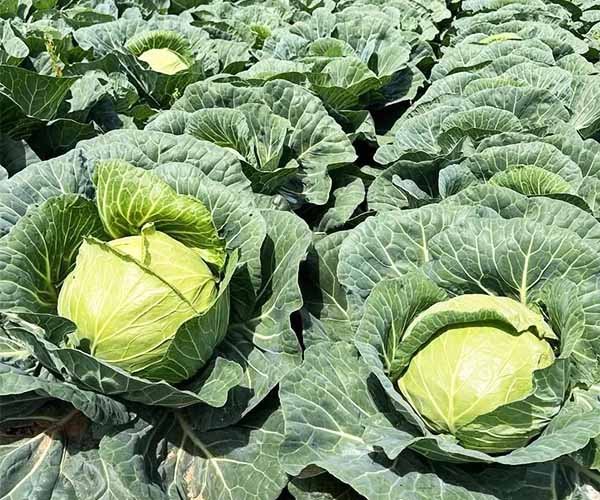GABA, a naturally occurring non-protein amino acid, has gained attention in agriculture due to its role in plant stress tolerance, growth regulation, and crop quality enhancement. Below is a detailed guide on its usage and recommended dosage.
1. Role of GABA in Agriculture
- Stress Resistance: GABA helps plants cope with environmental stresses such as drought, salinity, and high temperatures by modulating physiological processes.
- Growth Regulation: It influences key growth hormones, aiding in seed germination, root development, and shoot elongation.
- Quality Improvement: GABA enhances fruit and vegetable quality by improving flavor, nutritional value, and shelf life.
2. Recommended Usage
GABA is typically applied through foliar spraying or irrigation systems.
Foliar Application
- Concentration: 100-200 mg/L
- Frequency: Apply every 10-15 days during the active growing season.
- Best Practice: Spray in the early morning or late afternoon to avoid high temperatures and ensure optimal absorption.
Irrigation (Drip or Soil Application)
- Concentration: 200-400 mg/L
- Frequency: Apply every 2-3 weeks.
- Best Practice: Ensure uniform distribution to cover the root zone, promoting absorption through the soil.
3. Application Timing
- Vegetative Stage: Use GABA early to support root establishment and promote robust plant growth.
- Flowering and Fruiting Stages: Continue application to enhance fruit set, size, and quality, as well as improve plant resilience to stress.
4. Crop-Specific Dosage Recommendations
- Vegetables: 150-200 mg/L via foliar spray, applied every 10 days.
- Fruits: 200-250 mg/L via foliar spray or 250-400 mg/L via irrigation during key growth stages.
- Cereals: 100-150 mg/L, applied at the tillering and heading stages to boost yield and stress tolerance.
5. Cautions of GABA Application
- Over-application may result in leaf burn or reduced efficacy. Always follow the recommended dosage and test a small area before broad application.
- GABA is compatible with most fertilizers but avoid mixing with strong alkaline products.
Incorporating GABA into agricultural practices enhances plant growth, stress resistance, and overall crop quality. For optimal results, adhere to the recommended dosages and application intervals tailored to specific crops and growth stages.


